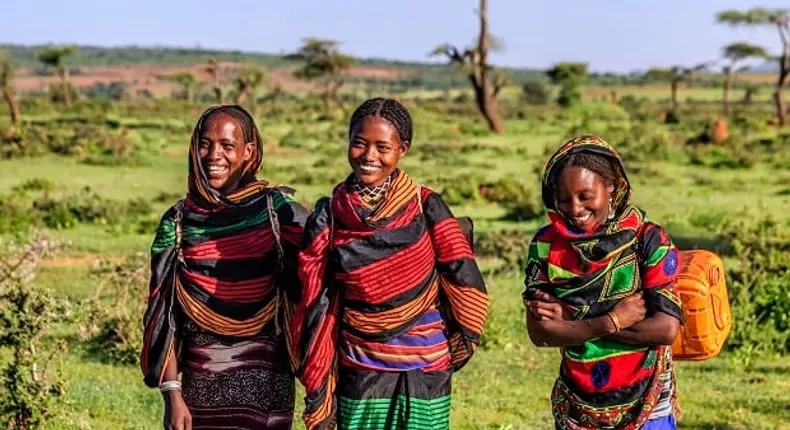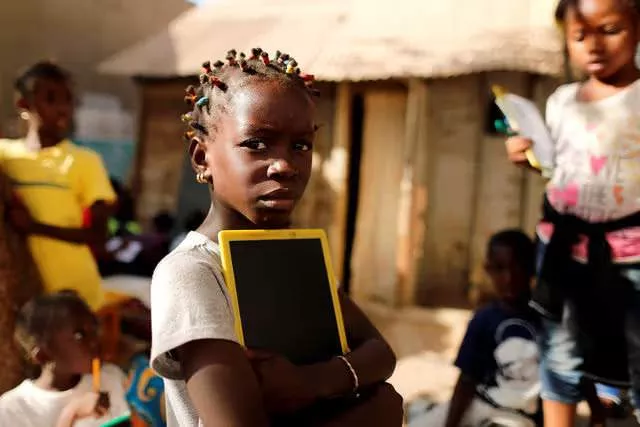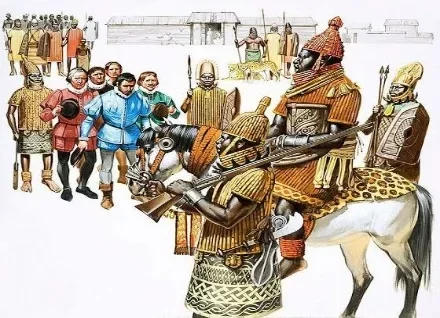
Throughout history, women have faced barriers and restrictions in various aspects of life.
Imagine a time when girls couldn't go to school, where women couldn't vote, or even where they couldn't open a bank account!
Believe it or not, these were all things that women in many countries, including some parts of Africa, were banned from doing not too long ago. Thankfully, times have changed, and today, women are achieving great things in all walks of life.
But it's important to remember the struggles women faced in the past. These stories show us just how far we've come, and how important it is to keep fighting for equality for everyone.
1. Getting an education

For many years, girls were discouraged or even forbidden from going to school. Education was seen as something only boys needed. This meant that women grew up without the knowledge and skills they needed to succeed in life. Thankfully, in most places today, girls are just as encouraged to go to school as boys. In fact, in many African countries, girls are now even surpassing boys in school enrollment rates! This is a huge step forward, and it opens up a world of possibilities for young women.
2. Owning businesses

Can you imagine not being able to own your own house or shop? In the past, women in many cultures were not allowed to own property or businesses. This meant that they were financially dependent on men, even their husbands or fathers. Today, women can buy and sell land, houses, and businesses just like men can. This financial independence gives women a lot more control over their lives and allows them to contribute more to their families and communities.
3. Competing in sports
For many years, sports were seen as a man's domain. Women were discouraged or even forbidden from participating in sports. Women were first allowed to compete in the Olympics in 1900, but they were limited to just five sports.

It took many years for women to be accepted into a wider variety of Olympic events. Today, women compete in almost every sport, with the International Olympic Committee actively promoting gender equality in the Games.
4. Choosing their partners
n many cultures, marriages were arranged by families, and women had little or no say in who they would marry. This could lead to unhappy and even abusive marriages. Today, most people have the freedom to choose their own partners. This allows them to build relationships based on love, respect, and shared values.
5. Serving in the military

Women have served in various capacities in the military for centuries, but they were long excluded from combat roles. It wasn't until the 1990s that policies began to change, allowing women to serve in combat positions. Today, women serve in almost all roles in the military, including leadership positions and front-line combat units.
6. Working outside the home
Traditionally, women were expected to stay home and take care of the children and household chores. Working outside the home was seen as a man's job.
Today, many women choose to work outside the home, while others prefer to stay home and raise their children. The important thing is that women have the choice! Working outside the home allows women to contribute to the family income, pursue their careers, and gain financial independence.
7. Owning property
In many parts of the world, married women were not allowed to own property independently. Any property a woman acquired would automatically belong to her husband.
These are just a few examples of the many things that women were once banned from doing. While there has been great progress, the fight for gender equality is still ongoing. In some parts of Africa, child marriage and limited educational opportunities for girls remain a challenge. We must all work together to ensure that all girls and women have the same opportunities to succeed in life.


















Comments